Geeks will debate anything, from the outcome of a fight between Spider-Man and Superman, to the proper pronunciation of the Klingon battle song. That’s why getting in the middle of a geek fight as an outsider, is a TERRIBLE idea. They’re very passionate about their heroes and subjects, and you don’t want to be in the crossfire.
So it’s not surprising that geeks took some of these arguments to court, and the resulting verdicts were hilarious.
1. Zombies have First Amendment rights, too.
Protesters in Tennessee dressed as zombies at a demonstration outside a nuclear power plant. The zombie getup signified the reopening of a plant that already died and was resurrected. Members of the Tennessee Valley Authority prevented costumed protestors from attending future public meetings. Six of the zombies took the TVA to court, and won. The zombies were allowed to keep their First Amendment rights and attend future meetings.
2. You have the constitutional right to play video games, especially as a child.
In the early 1980s, towns across America wanted to ban arcades and children from playing video games because of the games’ supposed effects. They did this by passing a ton of local laws attempting to kick arcades out of town. As one author of the anti-videogame regulation said, “I’m a former narcotics officer, and I’ve seen what these machines do to kids and the amount of money that is wasted on them.” After attorneys for the arcades brought legal action against the towns, the U.S. Court of Appeals and Supreme Court shamed the offending towns. Kids everywhere were free to rot their brains and waste their youth on 25 cent fixes.
3. Mutants aren’t legally human.
Back in 1996, the toy company responsible for making X-Men action figures wanted to save a ton of tariff money by having the figures defined as toys, and not dolls. Dolls had a MUCH larger tariff, so the company stood to save a ton of money. After years of fighting through the legal system, and (wasting) your tax dollars, the Judge for the U.S. Court for International Trade finally agreed. The judge ruling over the case had to explain how mutants are different from humans using X-Men comics.
4. Superman v. Captain Marvel.
In the 1940s, you could be either Team Superman or… Team Captain Marvel (not the Marvel you’re thinking of). Both characters were almost EXACTLY the same, although Superman appeared in comics first. After DC Comics (Superman’s owners) filed suit against this obvious imitation, they lost at first. DC later won copyright infringement on an appeal. As a result, Captain Marvel was killed off… until two decades later when DC comics bought his rights and RE-INTRODUCED Captain Marvel.
5. Being a Star Trek fan doesn’t mean you’re mentally ill.
A man in Tennessee wanted to claim that he was mentally ill to get disability payments. As evidence, he claimed that no one in their right mind would collect Star Trek memorabilia into their 40s. However, the judge denied the man’s claim, since millions of people collect Star Trek items at varying ages.
6. Star Wars v. “Star Wars.”
George Lucas hated when people used the phrase “Star Wars” to describe President Reagan’s Strategic Defense Initiative in 1983. He hated it so much that he actually sued companies using the phrase in their advertising as trademark infringement. The resulting denial from the Judge threw the case out, while also making mention of elements from the film series in his judgment.
7. The Batmobile Is A Fictional Character.
A Federal Judge ruled last year that it’s illegal to sell custom Batmobiles. This is because the Batmobile itself is a fictional character. Making and selling Batmobiles violates DC’s copyright, according to the court ruling.
8. You Cannot “Realistically” Depict A Celebrity In Fiction.
A weird ruling in a case against Electronic Arts said that the game company can’t make their fictional characters “too real.” The ruling determined that creators cannot “realistically” depict a celebrity in fiction, even if they do not use the celebrity’s name. This would be a violation of the celebrity’s “right of publicity,” which is sort of like the right to privacy for public figures. This means that a court might be able to prevent the showing of a movie like The Social Network because it realistically depicts Mark Zuckerberg.
9. Dungeons and Dragons Is Illegal In Jails.
Prison officials banned inmates from playing the popular Dungeons and Dragons games in 2004 because they thought the games mimicked gang behavior. More importantly, they also thought they would prevent inmates from proper rehabilitation. That’s right: the same prisons where people are stabbed with spoons is the place where D&D interferes with self-improvement.
(via io9)
Zombies now have rights in America, just like you and me. Maybe that’s how they take over: through non-violent action and legislation. Way to go, zombies!
 share
share
 share
share
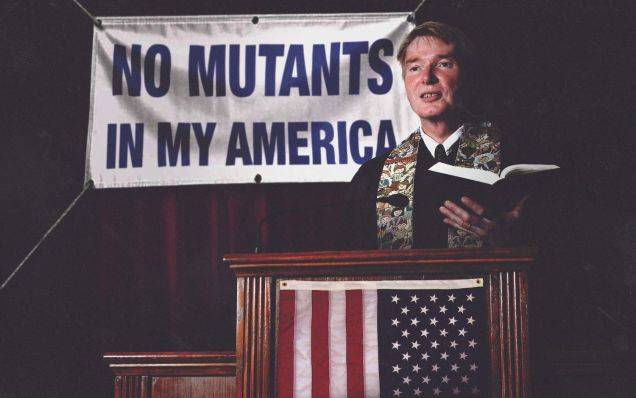 share
share
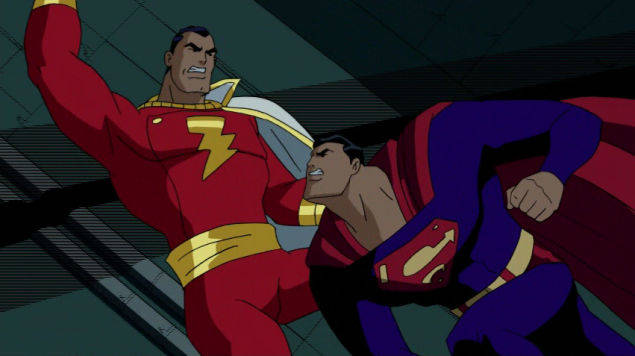 share
share
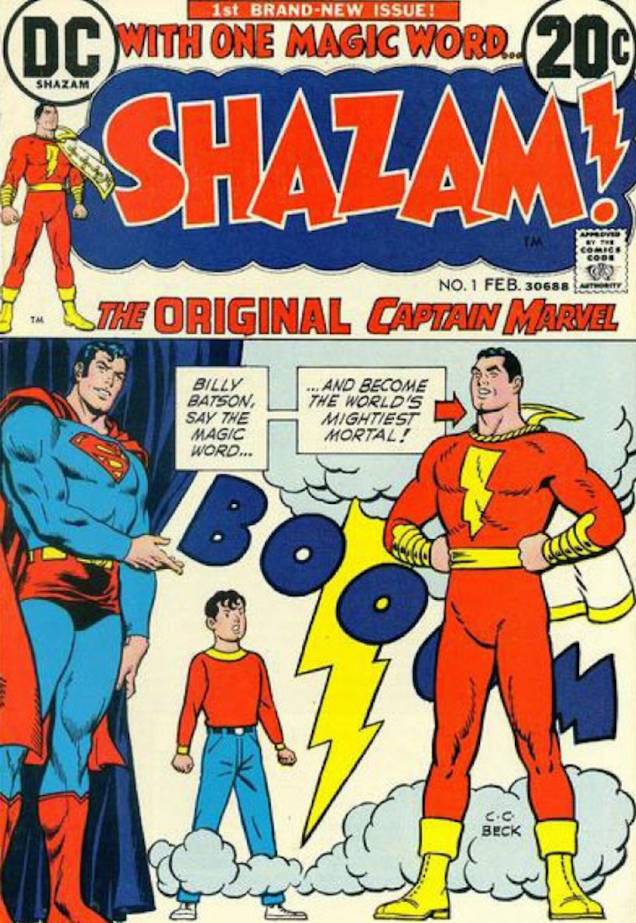 share
share
 share
share
 share
share
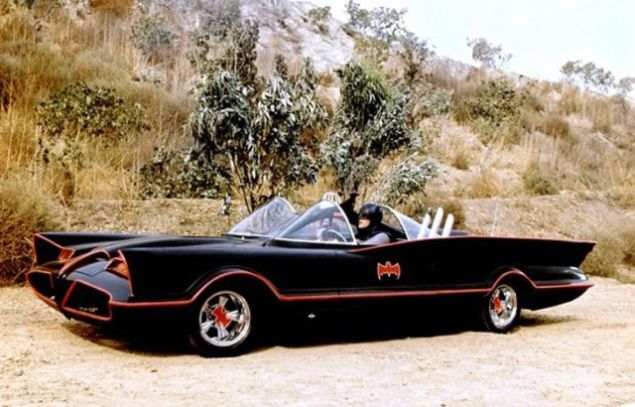 share
share
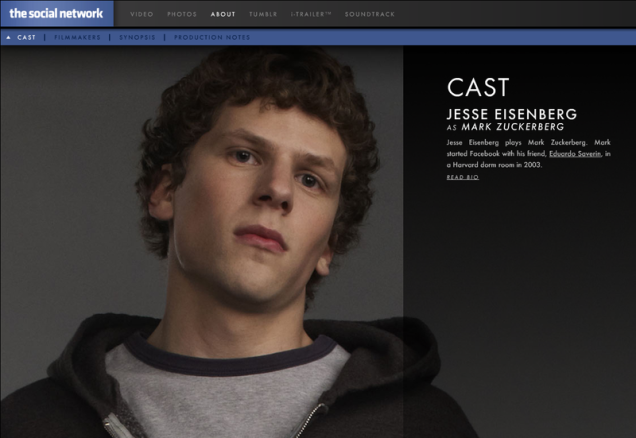 share
share
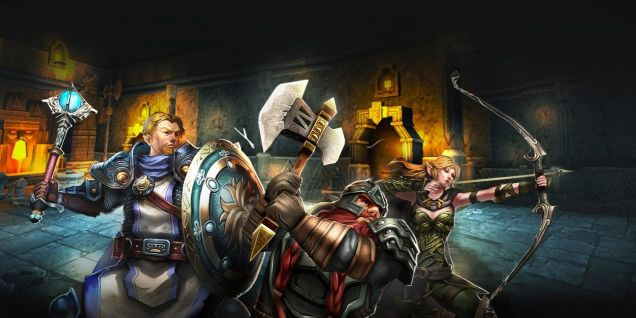 share
share



